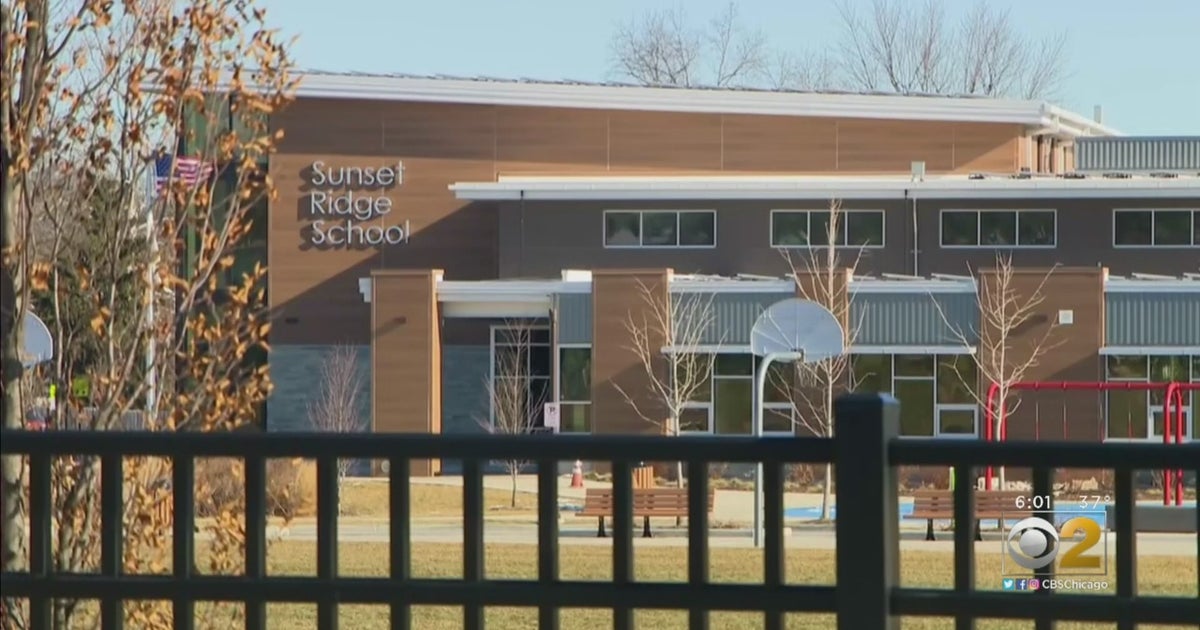"Court debt" a steep barrier to a clean slate for those with criminal records
Court fees and fines that individuals who are convicted of crimes cannot afford to pay are too often all that stand in the way of a second chance at jobs and productive, independent lives for low-income adults with criminal records.
But state laws make it nearly impossible for low-income individuals with criminal records to achieve the clean slate that is a practical necessity for successfully starting over, according to a new report titled "The High Cost of a Fresh Start," from the National Consumer Law Center (NCLC) and the Collateral Consequences Resource Center (CCRC).
In other words, unpaid court debt — including outstanding booking fees, drug-testing fees, representation by a public defender, prison room and board, and other costs — makes it hard, if not impossible, for people to clear their criminal records and access employment, secure a place to live and support themselves and their families. Late fees and interest charges often only pile up to compound the problem.
As a result, ex-convicts with outstanding debt can get caught in a vicious cycle: Unable to pay off their so-called "court debt," they can't get their records cleared, which makes employment opportunities scarce, preventing them from earning enough money to pay the thousands of dollars in fees and fines levied on them.
"Priced out of a fresh start" in 49 states
Between 70 million and 100 million Americans — or as many as one in three of us — have some type of criminal record, according to the Sentencing Project, a group that advocates for a fair and effective criminal justice system in the U.S.
Yet of all 50 U.S. states, plus the District of Columbia and the federal system, only Louisiana overlooks court debt in deciding whether a person is eligible to have their record cleared, or expunged, the report's authors found.
"We found in almost every jurisdiction that outstanding court debt bars record-clearing in at least some cases," said National Consumer Law Center attorney Ariel Nelson, an author of the report.
The burden falls heavily on members of Black and Brown communities, who are disproportionately low-income and who are more likely to have criminal records.
"Criminal record clearing must not be reserved only for those who can easily pay for it," Margaret Love, executive director of CCRC, said in a statement. "States should ensure people are not being priced out of a chance at a fresh start."
Six U.S. states require that all court debt be paid off for an individual to qualify for record-clearing. In these states, court debt is an absolute bar to a clean slate and second shot:
- Arkansas
- Indiana
- Iowa
- Missouri
- New Mexico
- Texas
In another seven states, only debt that is part of an individual's sentence must be paid off for them to qualify for record-clearing. The following states do not necessarily require that all fees be satisfied first:
- Arizona
- Montana
- New Hampshire
- Ohio
- Oregon
- Tennessee
- Utah
In fifteen states, former convicts must pay off certain types of debt, like restitution or court debt associated with felonies, but not misdemeanors, before they're considered for record clearing. Mississippi, for example, requires payment of court debt to clear felonies but not misdemeanors. Some of these states authorize the expungement court to convert court debt to a civil judgment or waive the requirement to pay outstanding court debt if the individual is indigent.
For example, Delaware requires that fines, fees and restitution be paid in all cases, but it allows the court to convert fees and fines into a civil judgment and grant expungement.
The following states fall under this category:
- Alabama
- Colorado
- Delaware
- Georgia
- Mississippi
- North Carolina
- North Dakota
- New Jersey
- Oklahoma
- Pennsylvania
- Rhode Island
- South Dakota
- Vermont
- Washington
- Wyoming
Fourteen states and Washington, D.C., do not require outright that court debt be settled in order to qualify for record-clearing, but it may be considered as part of one's application. Seven states and the federal system have no general record-clearing law, the report found.
"Poverty penalties"
A criminal record can often become a life sentence to poverty, according to the report's findings.
"We know that people with court debt aren't paying it because they can't. The vast majority aren't trying to avoid obligation, they just can't afford to pay it off," Nelson said.
Court debt can accumulate, too, when it's not paid right away. In general, late fees, payment plan fees and interest are tacked on to a base amount that swells the longer the debt goes unpaid.
"We call these 'poverty penalties,' because if you can't pay right away, it's going to cost you more," Nelson said.
The group recommends that court debt be eliminated across the board as a prerequisite for record-clearing. "Qualification for it should not be conditioned on payment," Nelson said.
The fact that court debt is a barrier to an individual's eligibility for a clean slate also deters convicts from even applying to have their records cleared in the first place, as it's seen as too risky a gamble.
"They might not even seek relief because they know they can't afford the application fee, and if the court is going to consider their outstanding debt, it might not be worth it for them to expend all this money for nothing," Nelson said.
Best path to second chance
Nelson objects to these kinds of fees existing at all, calling them a "revenue generator for the court system."
"If a state's goal is to get money back, this isn't helping, it's hurting. This is not helping anyone," Nelson said.
Record-clearing is known as one of the best paths to a second chance at laying a new foundation for a career, but it's not effective if it's inaccessible to those who need it most.
"It's so devastating because court debt could be the only thing standing between someone and the ability to get a second chance and access a better job or better housing, because criminal records can completely bar people from certain jobs or housing opportunities," Nelson said.
That said, states are considering remodeling their laws to make record-clearing more accessible — regardless of whether or not one's debt has been satisfied.
"Our report makes the landscape look bleak," Nelson said. "But lots of states are taking steps to making record-clearing available to those even with outstanding court debt."



